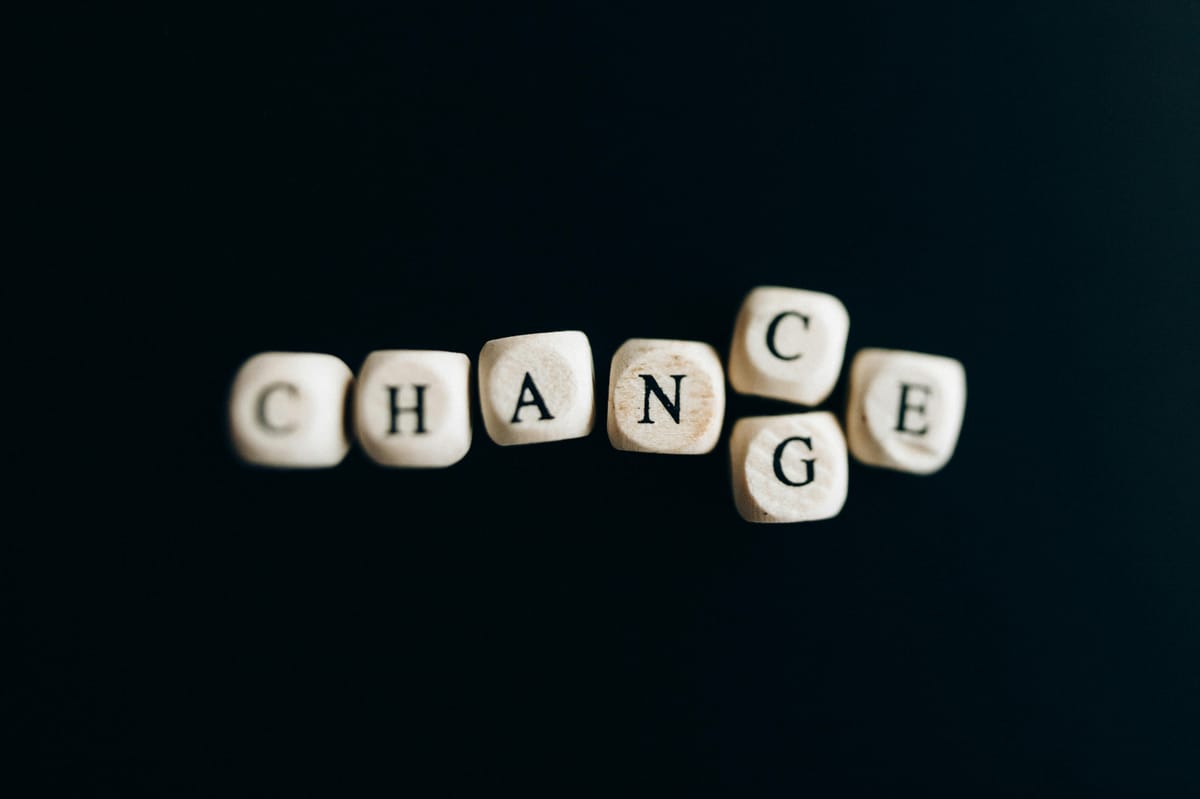Exploring Substitution and Transformation in Fathers of Nations

Change implies making either an essential difference or a substitution of one thing for another. Discuss the validity of this statement with examples from Fathers of Nations
In society, people often face challenges that shape who they become. This is shown through the experiences of Professor Kimani, Dr. Afolabi, and the African leaders in Fathers of Nations. These events reveal that change can mean making a deep difference in someone’s life or simply swapping one problem for another without real improvement.
Professor Kimani's life changes drastically after a series of personal and professional losses that push him toward a new path of radical transformation. He begins as a respected professor who brings major changes to the University of Nairobi by demanding that the university focus on relevance to society, not just excellence. He pushes for the school to become an agent of change. These ideas make him famous, and he marries Asiya, a campus beauty queen. But later, everything starts to fall apart. His daughter Tuni dies in a road accident. His wife Asiya leaves him for a former colleague, Newborn Walomu, who is now a rich member of parliament. Kimani then loses his temper, attacks Newborn, and gets arrested. The university demotes him and he spends time in jail. When he returns home, his career and marriage are over. He accepts an offer from AGDA and joins a secret mission to bring change through Path Alpha. This moment shapes Professor Kimani by showing that his life no longer improves slowly, it completely transforms. He does not just grow; he becomes a different person.
The clash between Way Omega and Path Alpha highlights two opposing approaches to change, which include reforming the existing system versus replacing it entirely. Way Omega is a development plan created by Nobel Prize winners. It promises to stop things like coups, wars, and election cheating. Africa’s presidents are meeting in Banjul to approve this plan. However, AGDA believes Way Omega will not bring real change. Instead, AGDA creates Path Alpha, a secret strategy that aims to replace Way Omega completely. It tries to turn public anger into organized action. AGDA secretly recruits people like Kimani and Pastor Chiamaka to help promote Path Alpha. This shows two different meanings of change: Way Omega tries to fix problems using the old system, while Path Alpha wants to replace the system. The two paths show that change can either be a slow improvement or a total substitution of one thing for another.
Dr. Afolabi undergoes a personal transformation as he shifts from hopelessness to renewed belief in Africa’s potential for change. He writes a book called Failure of States, which shows how corrupt and hopeless African governments are. However, when he speaks with Ms. McKenzie, he shows a new belief. He says he supports Way Omega because it gives him hope. He imagines a future without coups, war, or election fraud. This new perspective is different from what he displayed at first. Ms. McKenzie addresses this when she asks why he is now so hopeful when his book was so negative. Afolabi becomes defensive, but still explains that Way Omega feels like a real chance for Africa. Even though he does not trust every leader at the summit, he believes change is possible. This shows that even someone who once felt hopeless can start to believe again. Through this event, Dr. Afolabi replaces his doubt with a new sense of purpose.
The MPs’ decision to raise their salaries during a crisis reveals how change in leadership can be false, simply replacing one form of exploitation with another. In the past, professors earn more than MPs. However, during a time of economic crisis, MPs vote to raise their income up to 100 times more than professors. Even worse, they make this income tax-free. Professor Kimani calls this a “legal coup,” because it is a selfish action hidden behind legal rules. He explains to his daughter Tuni that the MPs do not just break the law like soldiers used to, they now make unfair laws and protect themselves. This shows that changing from one type of power, military, to another, parliamentary, does not always improve anything. The new rulers may just become the new problem. This moment demonstrates that sometimes, change only replaces one group of oppressors with another, without solving the real issues.
In conclusion, these events show that change can mean a true difference or just a new version of the same problem. This shows how challenges and experiences shape a person’s character and choices, and how not all change is helpful or meaningful.



